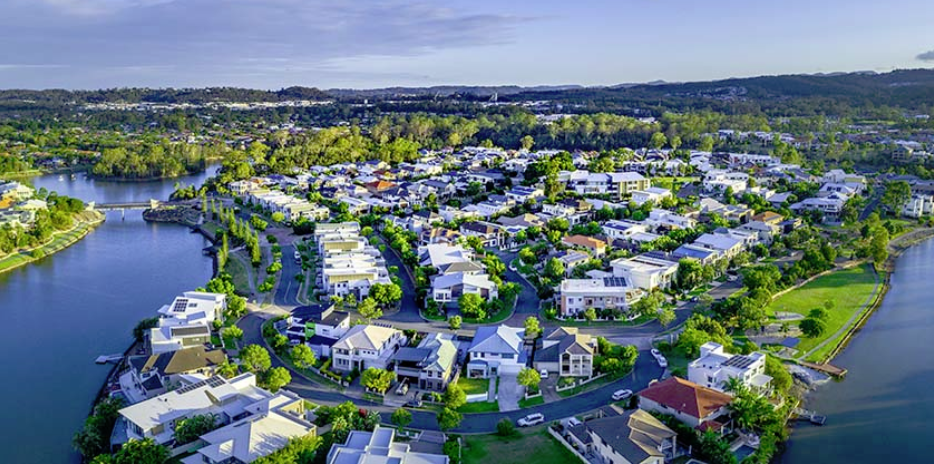According to this latest report, Australia’s property market downturn continued to pick up pace during the latest quarter, as more markets feel the sting of the consecutive rate hikes, rising inflation, and weaker consumer confidence.
Out of 3,085 house and unit markets analysed across the country, CoreLogic reported that 41.9 per cent recorded a decline in value over the June quarter.
The figures are a significant increase from the previous three-month period when only 23.6 per cent of the analysed markets recorded a fall in prices.
CoreLogic economist Kaytlin Ezzy said there was a substantial increase in the proportion of falling markets compared to the March quarter, when values were falling mostly in Sydney and Melbourne markets.
“This analysis captures two of the three recent rate hikes so it’s not surprising to see the added downward pressure has had a broader impact on the housing market,” she said.
Ms Ezzy highlighted that while indications of a slowdown and declines in value were already apparent before the rate hikes, the declines are now spreading beyond the two biggest cities and are putting downward pressure on the upper segments of other capital markets.
“[It’s] beginning to impact the more expensive areas of Brisbane, Canberra and Hobart. Historically, premium suburbs are more volatile than the more affordable areas, values shoot up much faster during an upturn, but are among the first to fall during a declining market.”
Sydney reported the biggest loss over this period, with house values falling by an average of 3 per cent over the quarter.
Sydney’s unit market, however, put on a stronger front during the period, with the sector falling 2.1 per cent over the quarter.
CoreLogic also noted that Melbourne units fell by an average of 50 basis points (bps) over the three months.
“Units nationally have proven to be slightly more resilient than house markets, which largely comes down to affordability. While units in some of those more expensive inner-city areas are starting to decline nationally, fewer unit markets fell over the quarter than houses,” Ms Ezzy said.
Across Australia’s smaller capitals, growth was varied. However, this resilience of units as seen in NSW and Victoria was also observed across the wider country.
Adelaide outperformed all other capital markets, with the South Australian city touting a 5.1 per cent quarterly growth in house values and 4.9 per cent in units.
Similarly, Perth, Darwin and Canberra saw unanimous growth during the June quarter. As highlighted by CoreLogic, houses in the Western Australia capital lifted by 2.2 per cent, while units bumped by 1.1 per cent.
Darwin increased by 3 per cent and 1 per cent respectively, while the ACT capital reported a housing lift of 1.2 per cent and a unit hike of 2.6 per cent.
Brisbane also reported complete growth during the quarter, with housing increasing by 2.5 per cent and units by 3.5 per cent. However, these figures also reflect cooling. During the December quarter, houses in Queensland capital increased by 9.4 per cent.
This freeze was also observed in Tasmania, with the city’s capital — which has previously reported value lifts of at least 50.1 per cent during the pandemic — reporting a median housing value loss of 50 bps.
Units in Hobart, however, increased by 1.6 per cent.
[Related: Australian housing prices continue fall]
 ;
;
